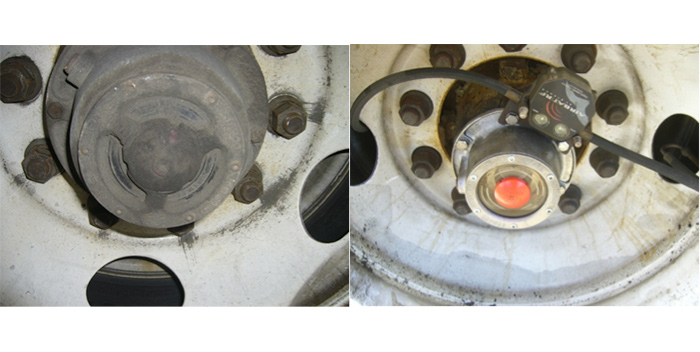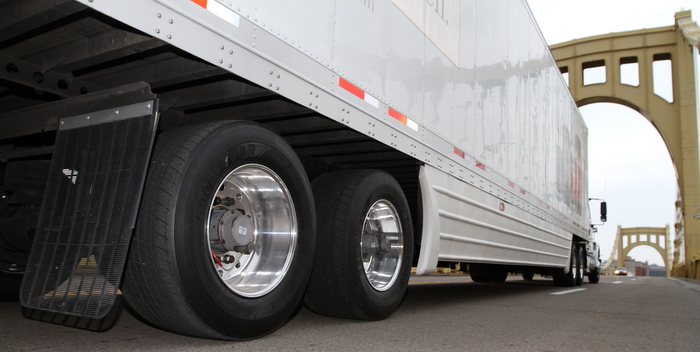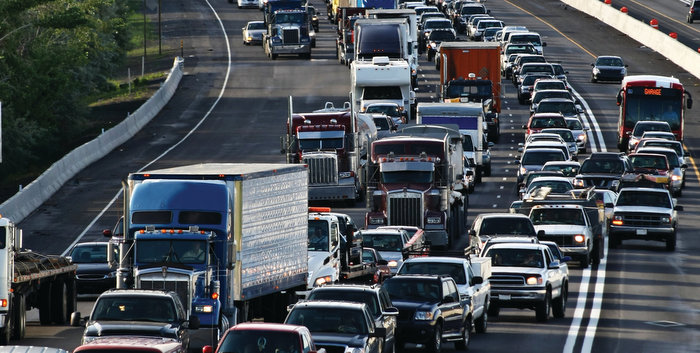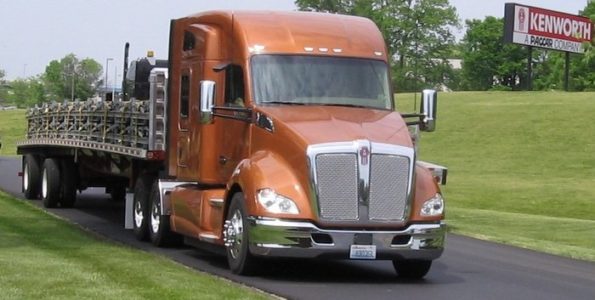Last year was the first year of the Citgo/Fleet Equipment Top Green Shop contest.
Nearly 50 shops from across the U.S. sent in applications. This year we’re anticipating an even greater response.
Fleets that enter the Top Green Shop contest need to write a 300-word statement outlining how they have made significant strides toward building an environmentally friendly maintenance shop. The panel of judges is looking for multiple examples of the ways fleets have reduced and/or recycled waste, complied with government regulations and employed other “green initiatives” that make them a viable candidate for the award. This includes details on recycling and disposing of waste, compliance with EPA regulations and comments on all programs that have lowered the fleets’ carbon footprint.
Here is an example of the green initiatives submitted last year by one award finalist:
• The shop staff have a long history of using environmentally friendly practices
• The fleet has been active in EPA SmartWay* since 2004
• The shop embraces new technology to reduce waste stream contributions
• In 2008, the shop reduced oil usage and waste oil by 27,000 gal. using new filter technology––that also reduced filter usage and waste by 4,000 filters
• The fleet trains drivers how to get the most out of the engine with the least amount of fuel
• The fleet has active suggestion and active recycling programs. Oil and antifreeze are sold to reputable recyclers. Oil filters are crushed and recycled. Fuel is saved from each fuel filter or fuel-water separator change, then filtered and placed back in the fleet fuel tank. Non-contaminated antifreeze is filtered and returned to the radiator.
• The parts washer is a complete recycling system that cleans dirty solvent to “like new” and generates only about one cup of waste every three months
• Brake clean and penetrating oil are dispensed by reusable “Sure-Shot” (air pressurized) dispensers, which eliminates aerosol cans
• All steel and aluminum are recycled
• All cardboard is recycled
• All acid and alkaline batteries are recycled
• The old heating system was replaced with infrared heaters with 25% increased efficiency
The judges are Technology and Maintenance Council members, all of whom have 15-plus years of trucking fleet maintenance experience. They look for applications that reflect significant improvements in the way fleets carry out shop maintenance procedures, as described above, which qualify the fleet as an exceptional “green shop.” For more information, see the Top Green Shop ad on our home page.









